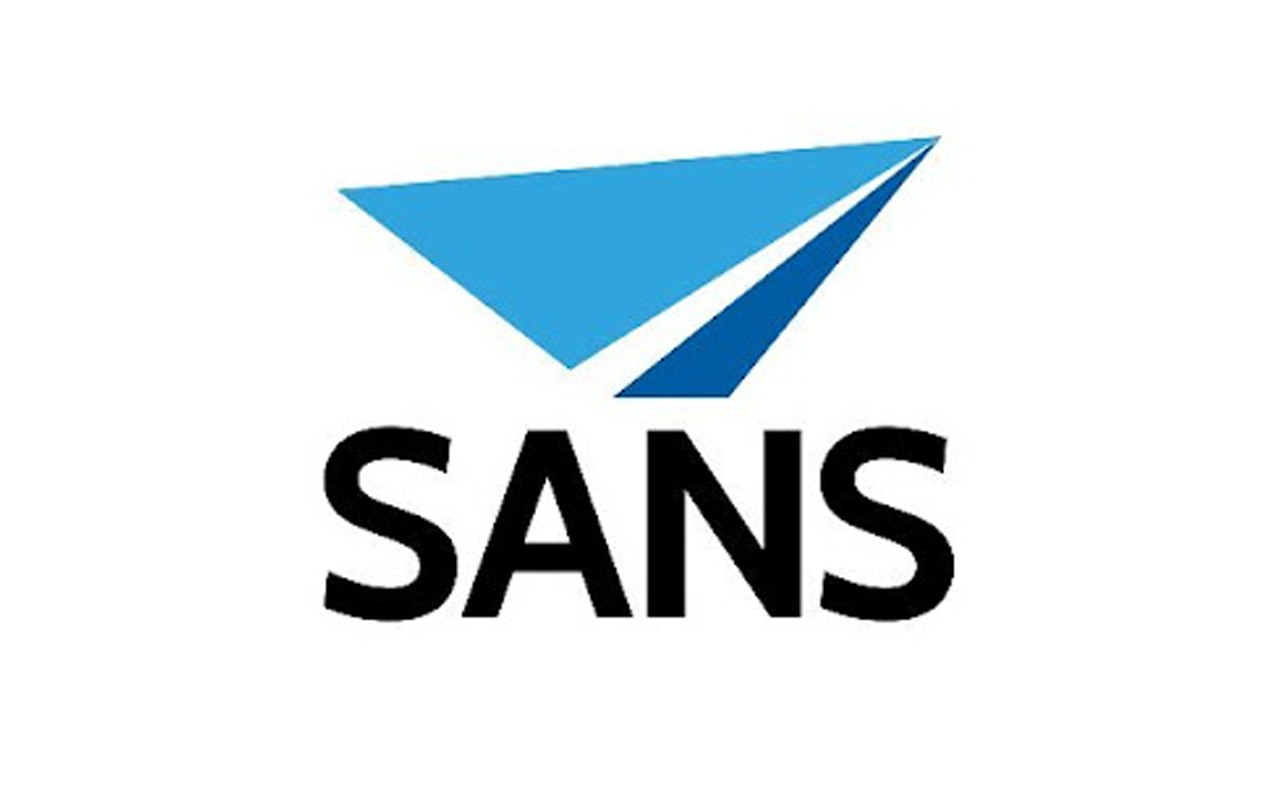Saudi Air Navigation Services Company
Saudi Air Navigation Services Company (SANS) is a Saudi government company specializing in ensuring the safety and security of aircraft movements. It provides air traffic services to all aircraft passing through the Kingdom of Saudi Arabia's airspace or using its airports. The establishment of the company was announced in 2016.
The strategy of the Saudi Air Navigation Services Company
The Saudi Air Navigation Services Company operates in alignment with Saudi Vision 2030 through a focused strategy built around five key pillars. The first pillar emphasizes excellence in safety and security, ensuring the highest standards of safety and performance in all operations. The second pillar focuses on people development by continuously training and mentoring individuals to sustainably enhance operations and procedures. The third pillar is financial efficiency, promoting and consolidating transparency and sound financial management. The fourth pillar targets operational scale and efficiency, achieving large-scale growth while maintaining effective and efficient operations. Lastly, the fifth pillar highlights technological leadership, advancing through the adoption and development of modern technologies and innovations.
The company provides operational efficiency and continuous improvements to systems and technology while serving and developing the Kingdom's airspace through the adoption of exceptional solutions. These solutions include flight path planning, aircraft movement tracking, and control, as well as real-time aircraft location monitoring to ensure the safety of airspace users and quick emergency response using modern technologies and qualified personnel. The company efficiently manages and secures airspace safety according to the highest quality and safety standards. It operates some of the latest navigation systems, such as the radar navigation surveillance system, the Instrument Landing System (ILS), the Very High Frequency Omnidirectional Range (VOR), the Doppler Very High Frequency Omnidirectional Range (DVOR), Distance Measuring Equipment (DME), and other systems and networks.
Additionally, the company works to create an ambitious work environment aimed at increasing employee productivity and ensuring their safety. It meets the needs of air navigation personnel, empowers individuals, offers developmental programs, and attracts significant local talent. Furthermore, it fosters a competitive environment that plays a role in achieving the company’s goals. The company also strives for financial efficiency that contributes to its strategic vision, improves revenue generation, and ensures compliance with government requirements.
Achievements of Saudi Air Navigation Services Company
In 2021, the International Air Navigation Services Organization announced that Saudi Air Navigation Services Company had won fifth place globally in the Safety Award. The company was the only one listed among the finalists for the best global entries from the Gulf and Middle East regions. In 2023, the International Air Navigation Services Organization announced that the company had won second place globally in the Airspace Management Award for the year 2022.
The company continued its streak of achievements by receiving the "Top Employer" certification for 2023 from the global Top Employer Institute in 2023. According to the ranking, Saudi Air Navigation Services is among the top companies in 121 countries for human resources practices and employee experiences, and it was ranked as one of the top 2,052 companies globally.
The company also received ISO certification for its health, safety, and environmental management systems, as well as for its maintenance engineering and aviation information systems. It successfully completed the project of supplying and installing navigation systems at Neom Bay Airport in a short period of seventy-seven days, in addition to implementing several navigation system projects at various airports in the region.
In 2021, the company received the Excellence and Technological Innovation Award in the Middle East under the "Aviation Technology" category for the technological innovation of the Maintenance Management System (MMS), designed and developed by Saudi Air Navigation Services' engineers and technicians. The system manages the maintenance of more than one thousand navigation devices spread over an area exceeding two million km and handles over sixty different weather configurations. Additionally, it oversees all corrective and preventive maintenance operations, aerial inspections, and environmental condition monitoring, and provides real-time performance updates around the clock.
Agreements for the development of the technical system
In 2022, Saudi Air Navigation Services Company (SANS) signed a commercial cooperation agreement with the French company Thales for the Maintenance Management System during the World Defense Show organized by the General Authority for Military Industries in Riyadh. The agreement aimed to market the Maintenance Management System, with SANS handling the technical and operational development of the system according to the needs of targeted entities and in line with the highest operational safety standards. Thales was responsible for providing commercial and marketing support in a competitive manner to ensure future sustainability and expansion.
The history of air navigation services in Saudi Arabia
Air traffic control operations in the Kingdom began with the installation of air traffic control towers in 1940 in Riyadh, Dhahran, and Jeddah. In 1945, founding King Abdulaziz Bin Abdulrahman Al Saud received his first civilian aircraft as a gift from U.S. President Franklin D. Roosevelt. In 1948, the Presidency of Civil Aviation (currently the General Authority of Civil Aviation) was established, and in 1953, the first Civil Aviation Law was issued.
Air navigation services became available in 1960 in Riyadh, Dhahran, Jeddah, al-Madinah al-Munawwarah, Taif, and Abha. In 1969, a regional radar was installed at King Abdulaziz Airport in Jeddah. By 1981, all systems were automated with the opening of King Abdulaziz Airport in Jeddah, and in 1984, the Airway Engineering Department was established.
In 2004, the Presidency of Civil Aviation was transformed into the General Authority of Civil Aviation. In 2005, Airway Engineering was merged with Air Traffic Control Services under the name Air Navigation Services. In 2011, the General Authority of Civil Aviation was separated from the Ministry of Defense and Aviation. In 2016, the establishment of the Saudi Air Navigation Services Company was announced, with the company officially commencing operations on July 1, 2016.
